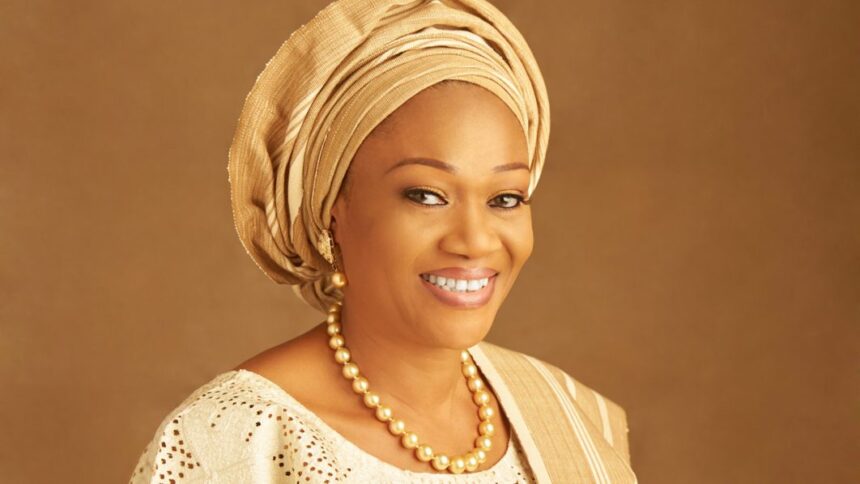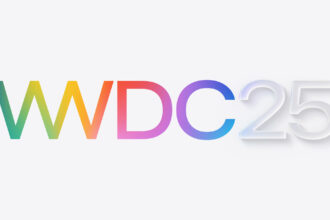As part of the national progress, the importance of technology in fostering gender equality cannot be overstated. Oluremi Tinubu, the wife of the Nigerian President, emphasizes the important role of technology in ensuring women’s full participation in the digital revolution, a crucial step towards achieving comprehensive national development.
Tinubu articulated this vision during the inauguration of a digital economy and e-learning center at Hill Top Modern Secondary School in Minna, Niger State. The center, established through collaboration between the Renewed Hope Initiative (RHI) and the National Information Technology Development Agency (NITDA), aims to provide women with access to technological resources, thereby empowering them in this digital era.
Mrs. Tinubu highlighted the transformative power of technology across various sectors, including communication, commerce, education, and healthcare. She stressed that women must not be excluded from the benefits of the digital economy, advocating for their active participation and contribution to economic growth and social progress.
READ ALSO: Youverify Secures $2.5 Million Investment to Fuel Expansion and Strengthen AML Compliance
Representing Mrs. Tinubu, Fatima Abbas, the wife of the Speaker of the House of Representatives also shared her ideas and opinions. She emphasized the commitment of the Tinubu administration to ensure equitable access to opportunities nationwide, particularly to technology.
Simultaneously unveiling similar digital economy centers in various states across the country, including Jigawa, Ebonyi, Cross River, Oyo, Bauchi, and Niger, as well as the Federal Capital Territory (FCT), further adds to this initiative.
The initiative received praise from Fatima Bago, the wife of the Governor of Niger State, who commended Mrs. Tinubu’s vision for empowering women through digital inclusion. The commitment to harnessing the potential of women, both young and old, through these centers, was reiterated, which indicates how important this means to the nation as a whole.
Ismaila Abubakar, the Project Manager, also emphasized that the establishment of these centers aligns with Mrs. Tinubu’s vision of creating opportunities for women in the digital economy. Equipped with essential resources such as computers, e-learning facilities, solar panels, and standby power generators, these centers have the potential to make a significant impact on women’s digital empowerment.
Mrs. Tinubu’s commitment to improving opportunities for women and children was also reaffirmed during the commissioning of North West Women Information and Communication Technology (ICT) centers in Dutse, Jigawa State. These centers, spanning the six geopolitical zones and Abuja, aim to enhance digital capacity-building for women and children, thereby fostering inclusive economic development.














